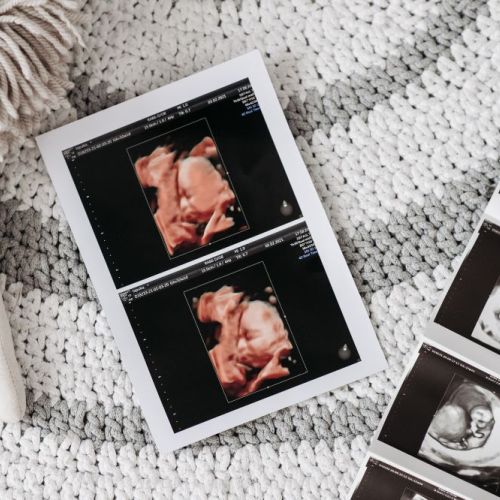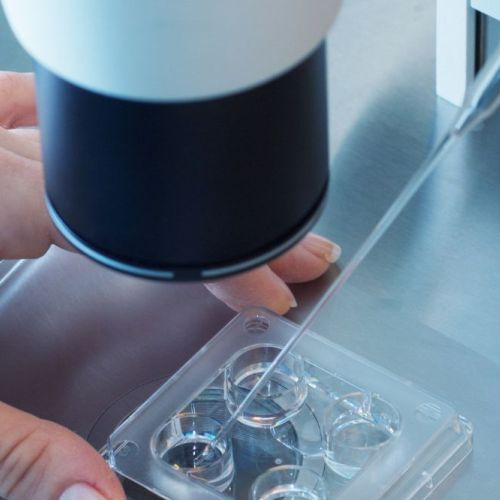Reproductive Options for LGBTQ Couples

At least 4.3% of adults in the United States population identify as LGBTQ. Modern reproductive technology means an LGBTQ couple has incredible options when they decide to add to their family.
Here at California Center for Reproductive Health, in Encino, Valencia, or West Hollywood, California, we help you achieve parenthood in a way that works with your relationship status and identity.
Our reproductive specialists offer numerous options so you can find the right choice for you. Learn your options and what to consider when starting your family planning process.
Initial consultation
At your initial consultation, our specialists at California Center for Reproductive Health meet with you to discuss both partners’ medical histories and potential treatments.
These potential treatments include:
- In vitro fertilization (IVF)
- Intrauterine insemination
- Sperm or egg donation
- Surrogacy
During your consultation, we can also order fertility tests for females and for male factor infertility. We’ll ask if it’s important to you to use a family member for sperm or egg donation or if you’d rather use an anonymous donor.
We can also help you navigate legal and financial matters associated with reproductive technology in a timely and considerate way.
All-female couples
Choices for pregnancy include intrauterine insemination, egg donation, and IVF.
The partner who is carrying the baby undergoes blood work to test hormone levels and a hysterosalpingogram (HSG) to evaluate the health of reproductive organs, including the uterus and fallopian tubes.
A female couple also needs to decide how to obtain donor sperm. You may choose a loved one or friend or opt for anonymous donation from a sperm bank. We guide you through this process, whatever your choice is.
Intrauterine insemination places the donor sperm into the intended mother’s uterus using a small catheter that passes through the cervix.
If you go the route of IVF, you may decide that one partner contributes the egg while the other partner carries the pregnancy. Partners sometimes take turns when more than one pregnancy is planned. You may also opt for a donor egg or a surrogate, depending on medical issues.
During IVF, the donor sperm and egg are united in a laboratory to create a viable embryo. The embryo is then placed in the uterus of the partner who is going to carry the baby.
All-male couples
All-male couples who add to their families use in vitro fertilization, egg donation, and surrogacy.
Usually, the partners decide together who will provide the sperm. You can also elect to have both partners provide sperm for the IVF procedure and allow us to select the most viable embryo, regardless of the donor.
We have a comprehensive egg donation program in which we review and screen each donor carefully. You can review the egg donors we offer or choose a relative or friend to potentially donate her eggs. This potential donor will have to go through a special screening process, however, to ensure she has optimal hormone levels and is free of infection.
The team at California Center for Reproductive Health also helps you arrange an appropriate surrogate – a woman who carries the baby to term. Of course, you may have a preselected surrogate, and we can help you with contracts and screening her health.
Once you’ve selected all the participants in your pregnancy, the IVF procedure begins. Sperm and egg come together in a lab to create an embryo, which is then placed in the surrogate’s uterus.
At California Center for Reproductive Health, we want families of all types to enjoy parenthood. Call one of our offices or use the online tool to set up a consultation to learn more about LGBTQ reproductive options.



